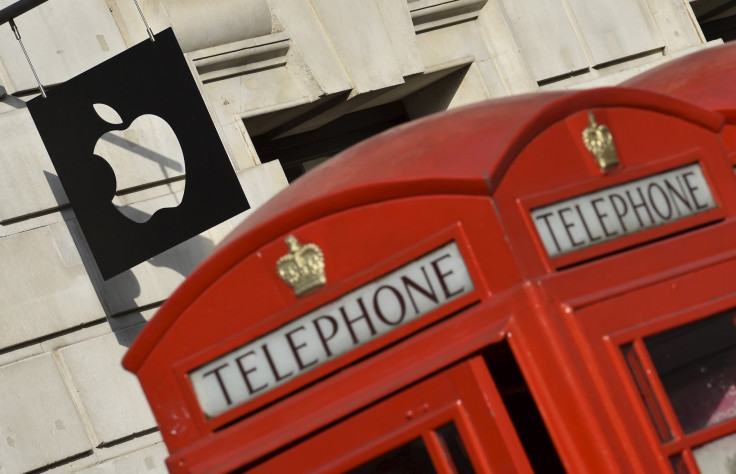Apple Wades Into UK Encryption Debate Criticizing Investigatory Powers Bill

Apple is calling on the British government to rethink proposed laws it believes would weaken the security of the hundreds of millions of people who use the company's instant messaging service and could potentially spark "serious global conflicts." In an unexpected move, the U.S. tech giant has made an eight-page written submission to a committee that is currently scrutinizing the Investigatory Powers Bill introduced by British Home Secretary Theresa May last month.
In its submission, Apple raised concerns over weakening encryption, hacking and the fact that implementing those rules would set a worrying precedent that other countries would follow.
"The bill threatens to hurt law-abiding citizens in its effort to combat the few bad actors who have a variety of ways to carry out their attacks," Apple's submission says. "The creation of backdoors and intercept capabilities would weaken the protections built into Apple products and endanger all our customers. A key left under the doormat would not just be there for the good guys. The bad guys would find it too."
Apple and its CEO Tim Cook have been consistently strong in opposing attempts to weaken encryption across the globe and recently urged a judge to refuse a request by the U.S. Department of Justice to force it to access information stored on an iPhone seized during an investigation.
The Investigatory Powers Bill would give British intelligence agencies access to the records of every British citizen’s internet use without the need for judicial authorization, though gaining access to the content of any communications would require the authority of the home secretary and a new panel of judicial commissioners. Many said it would provide “some of the strongest protections and safeguards anywhere in the democratic world and an approach that sets new standards for openness, transparency and oversight.”
The government disputes Apple's concerns that the bill would weaken security, arguing that the new laws simply incorporate powers previously available to the likes of the GCHQ, Britain's version of the National Security Agency (NSA). Apple also claims that enacting this law could "spark serious international conflict" because the bill seeks to enshrine in law for the first time a license to hack into computers across the world -- and this, Apple suggests, could see many other countries follow suit.
"It would also likely be the catalyst for other countries to enact similar laws, paralyzing multinational corporations under the weight of what could be dozens or hundreds of contradictory country-specific laws. When these laws inevitably conflict, the businesses will be left having to arbitrate between them, knowing that in doing so they might risk sanctions. That is an unreasonable position to be placed in."
According to Financial Times, Apple is just another Silicon Valley power broker that made submissions to the committee along with Google, Facebook, Twitter, Yahoo and Microsoft.
Monday was the final day for submissions to the committee and it is expected to publish its findings in February.
© Copyright IBTimes 2025. All rights reserved.




















